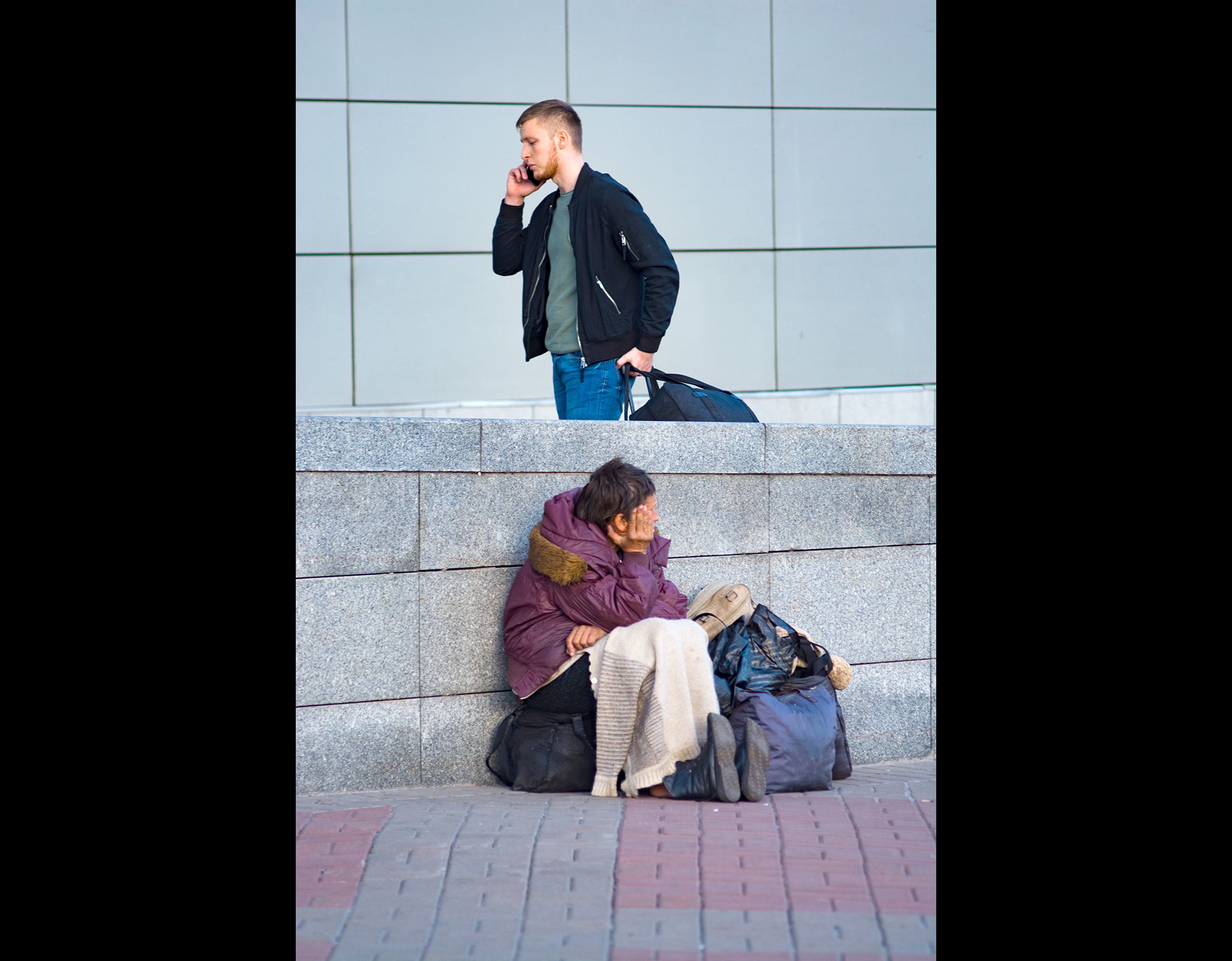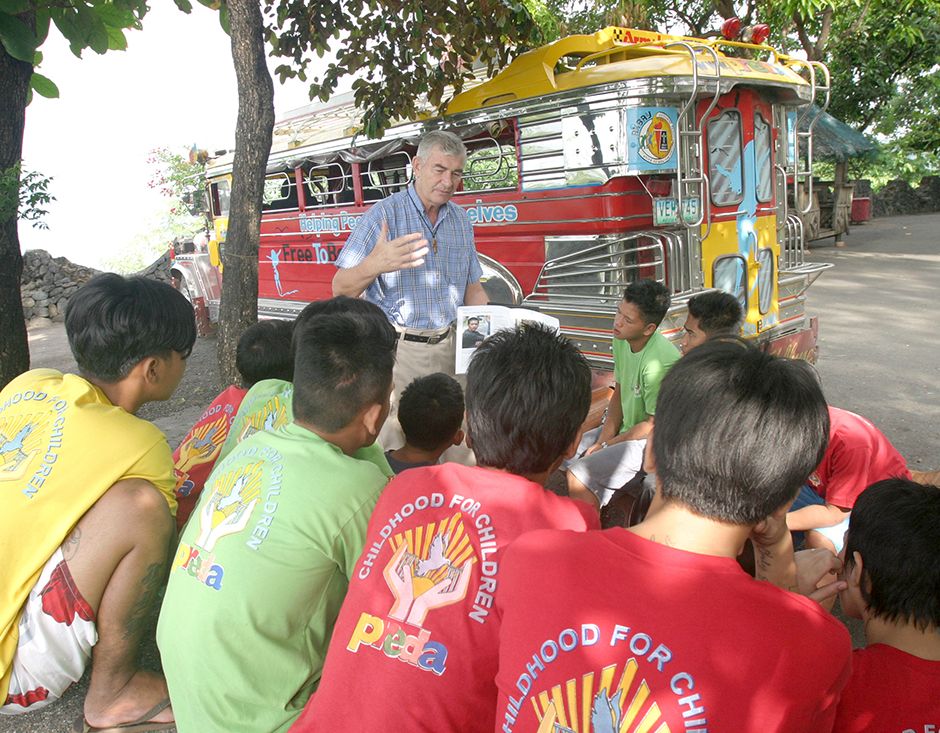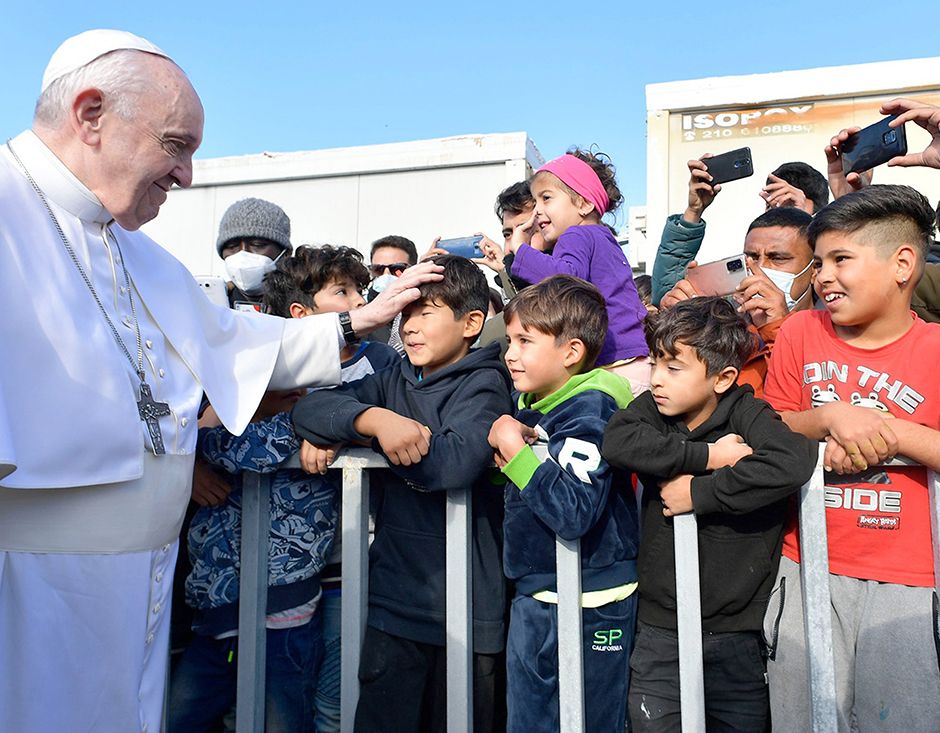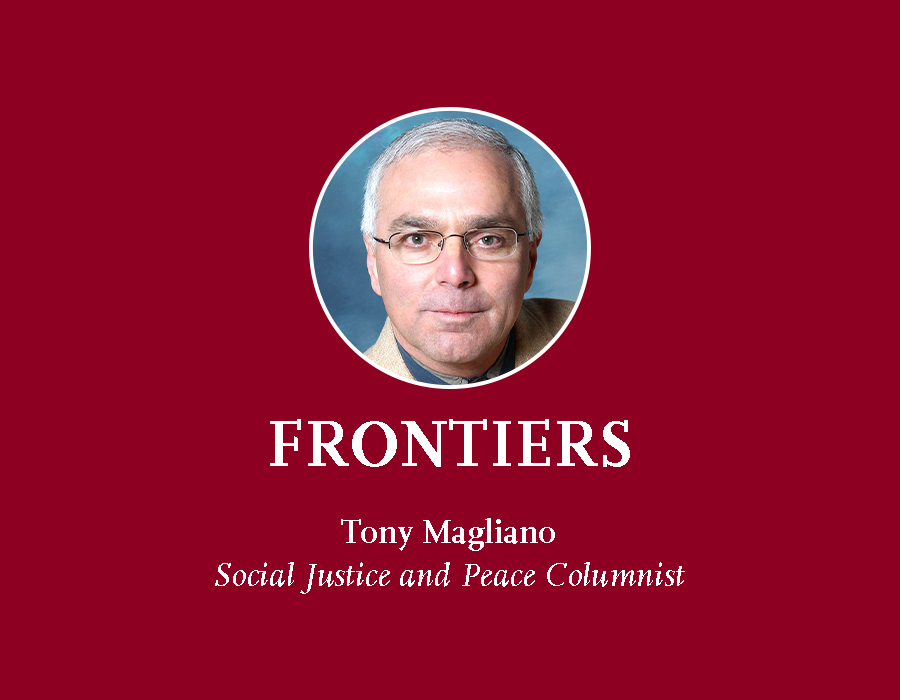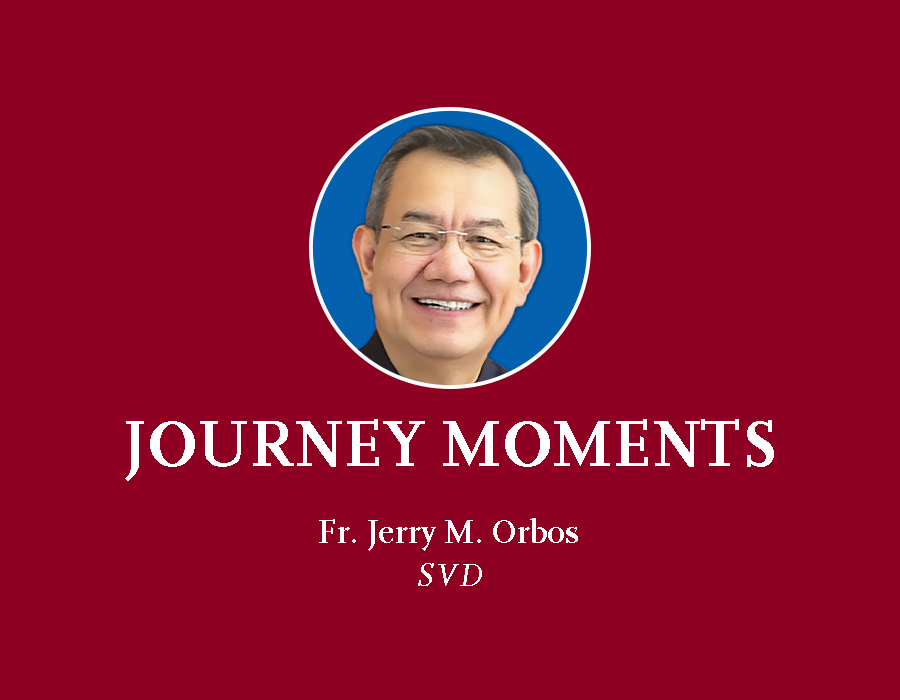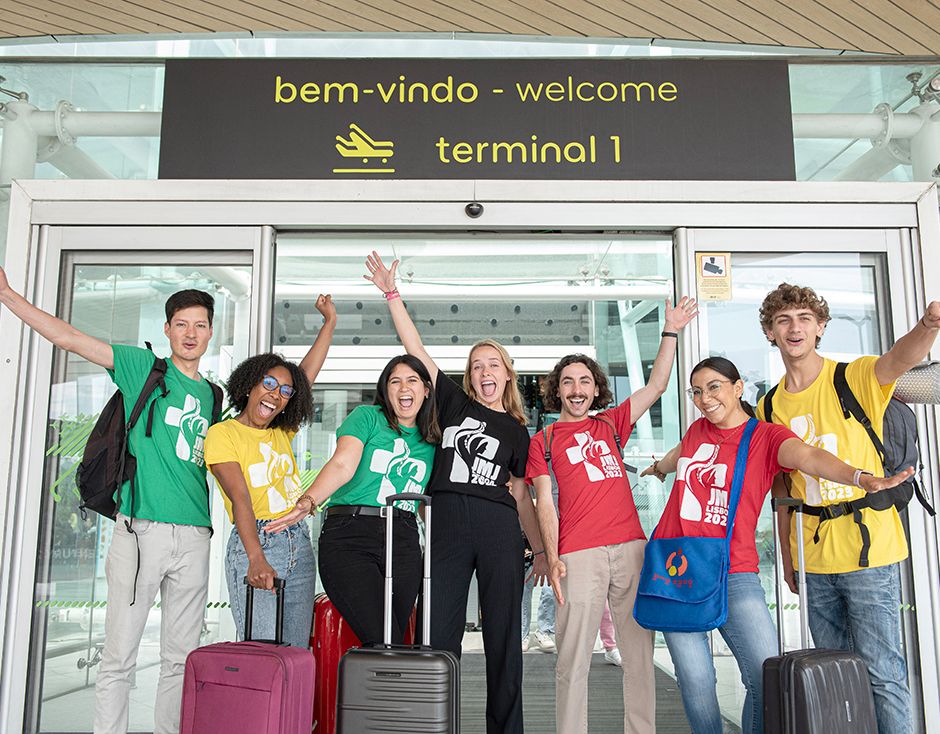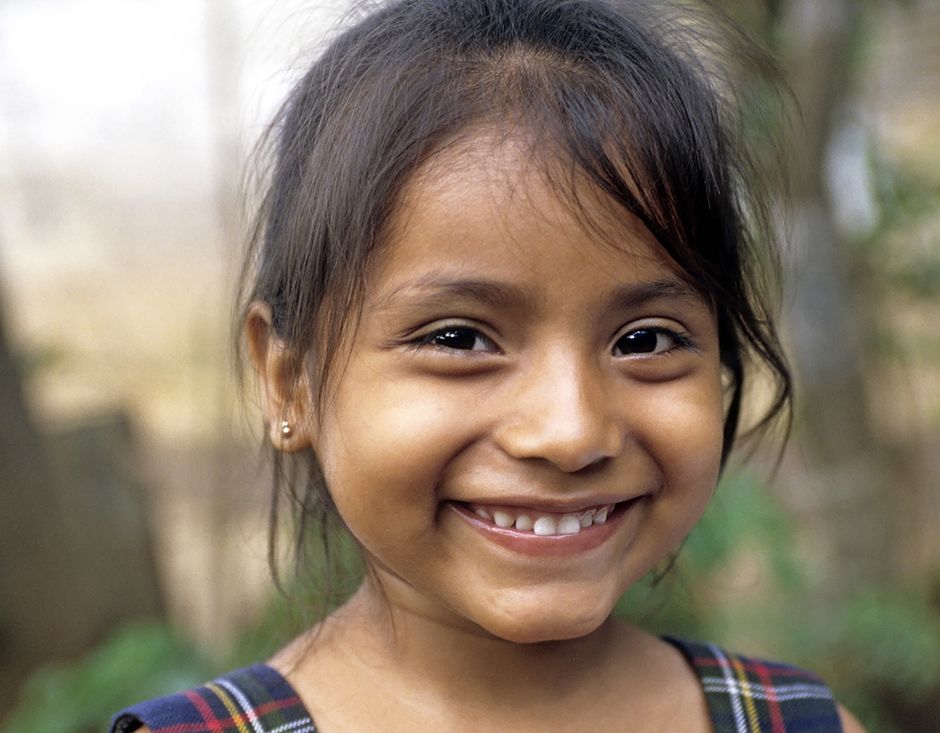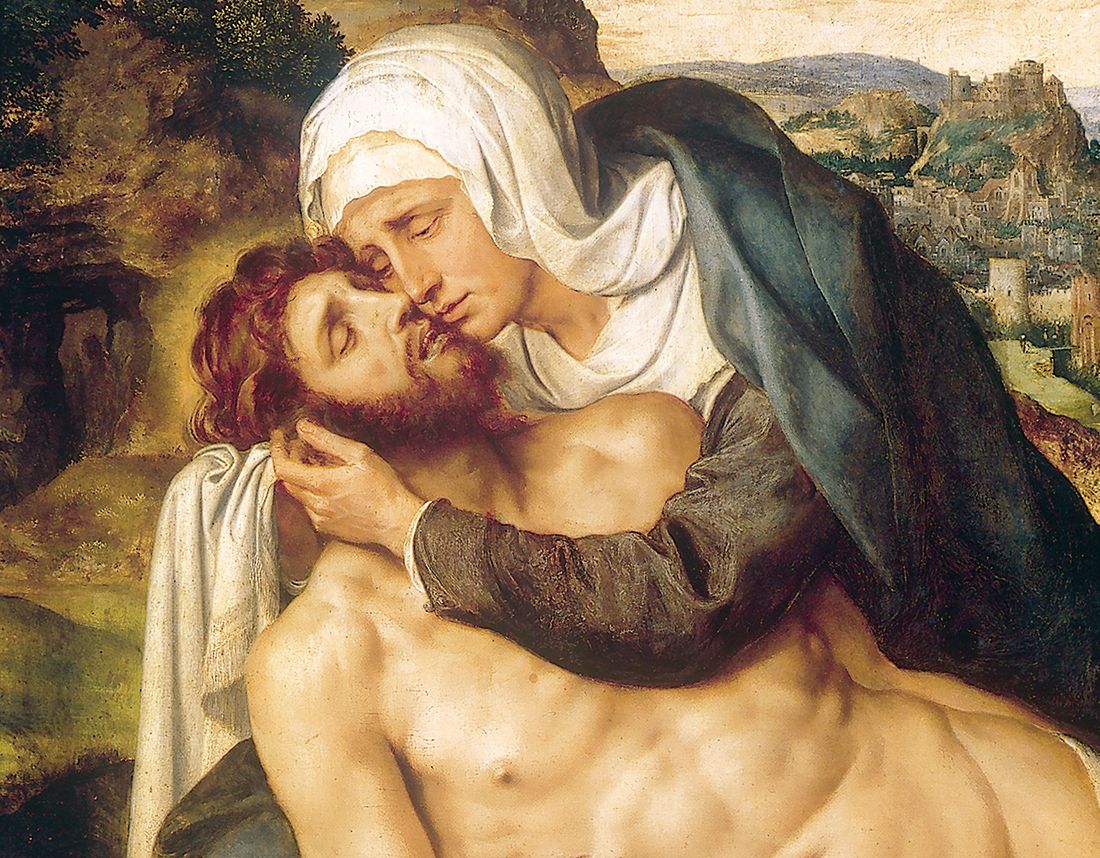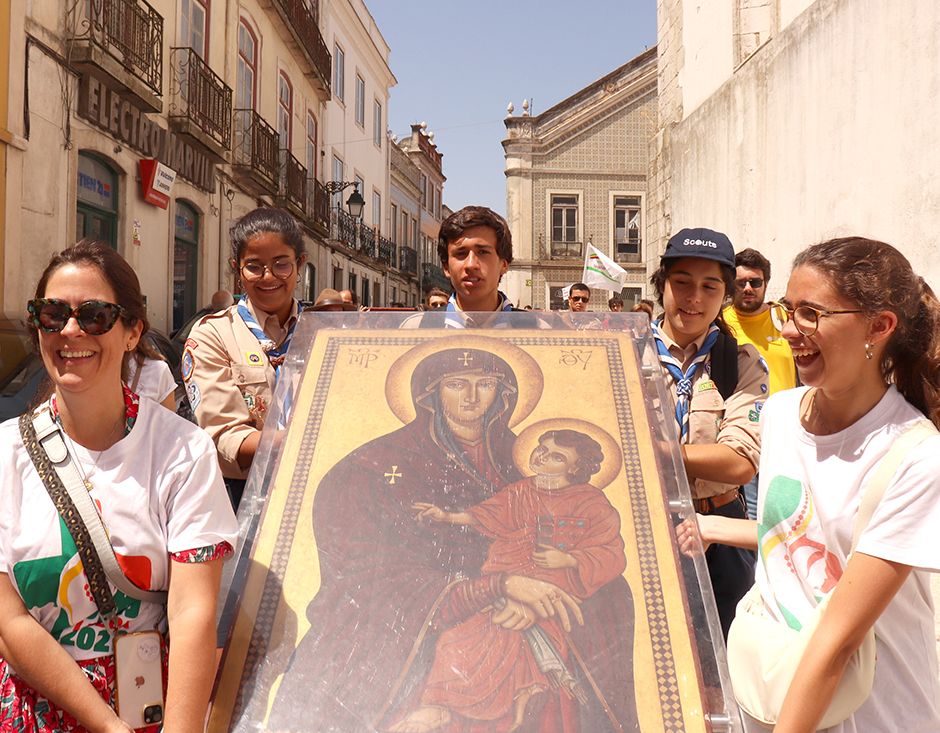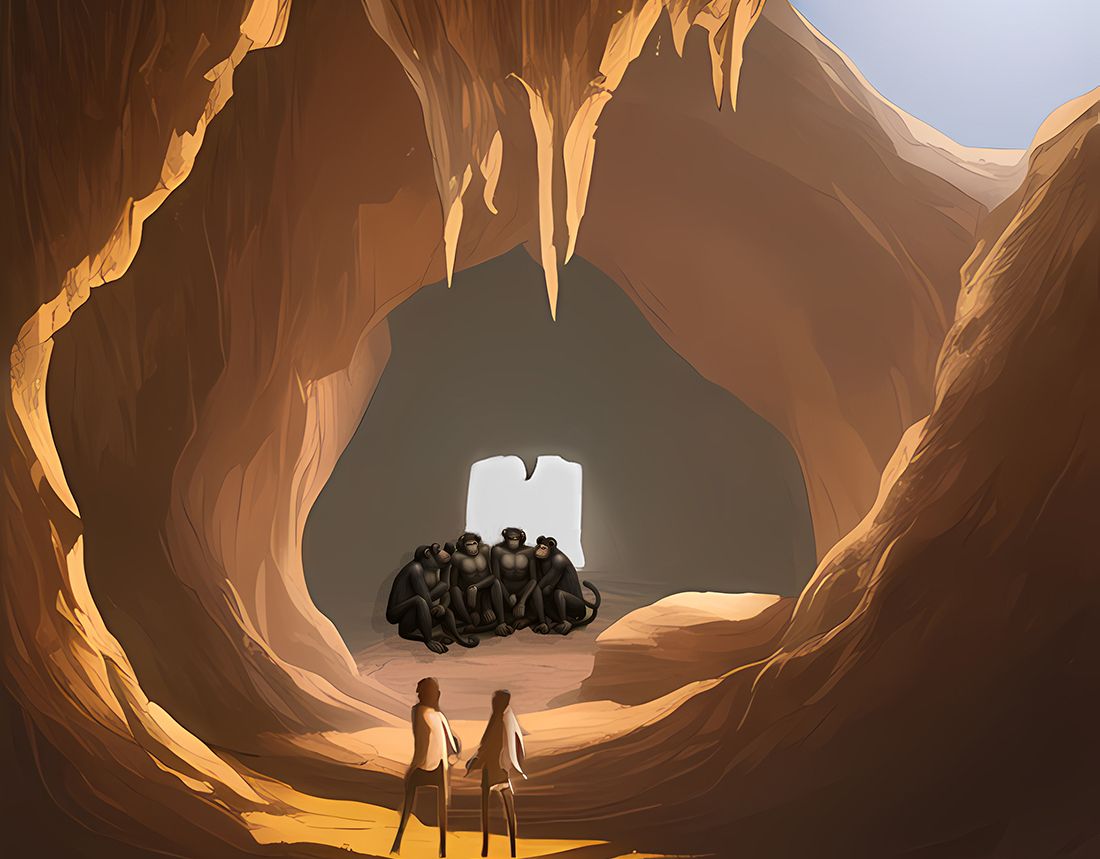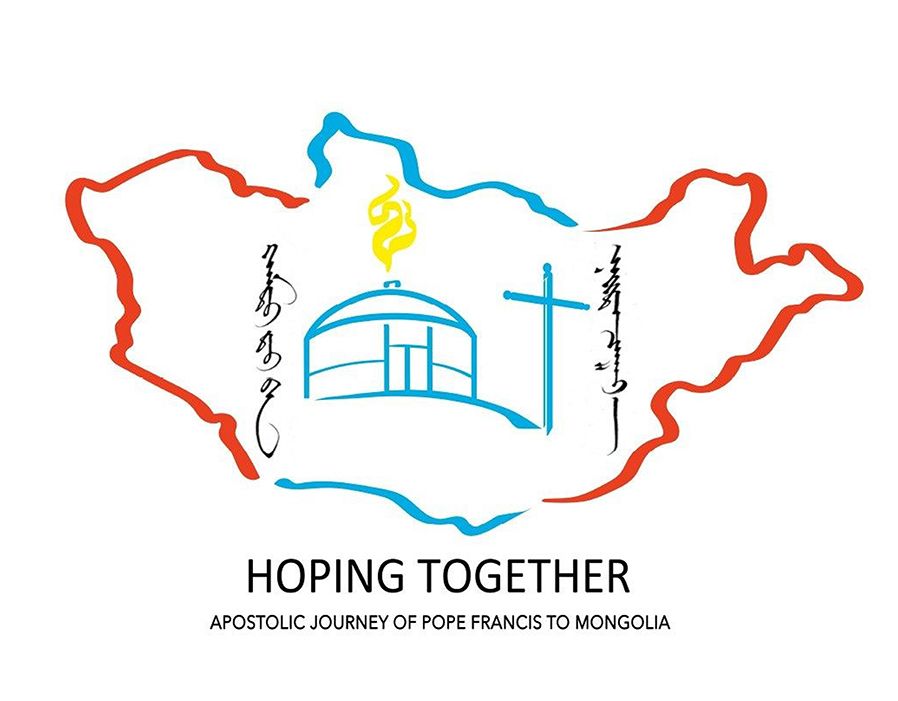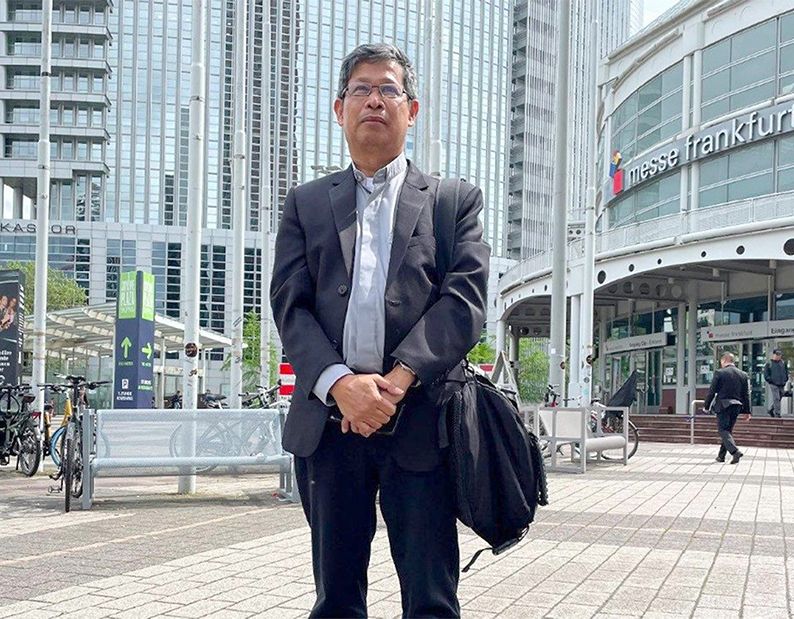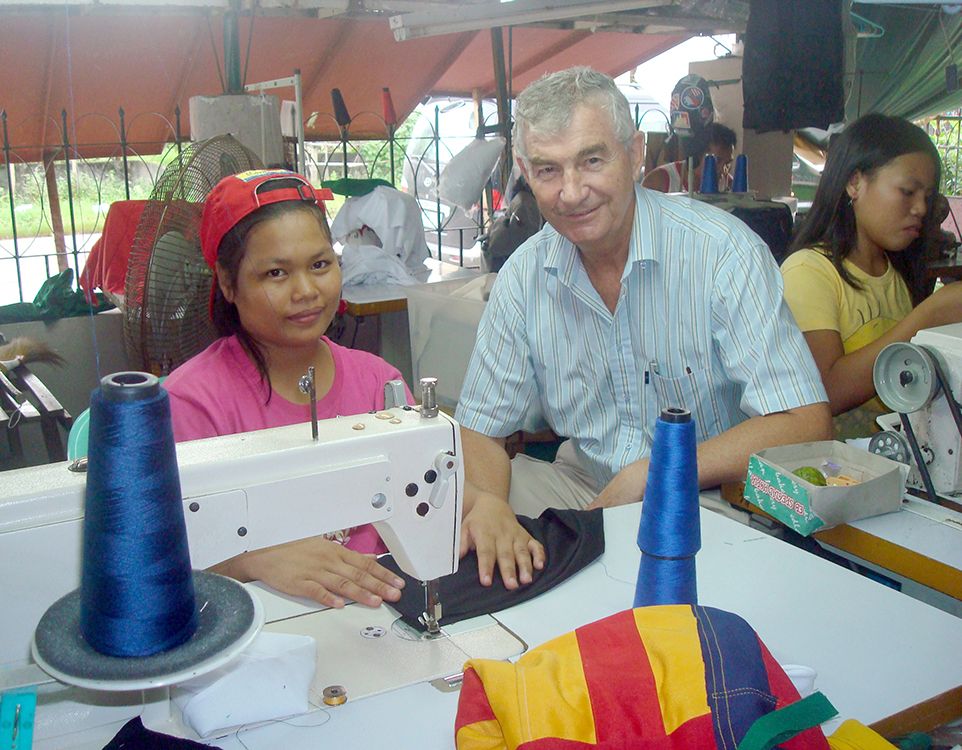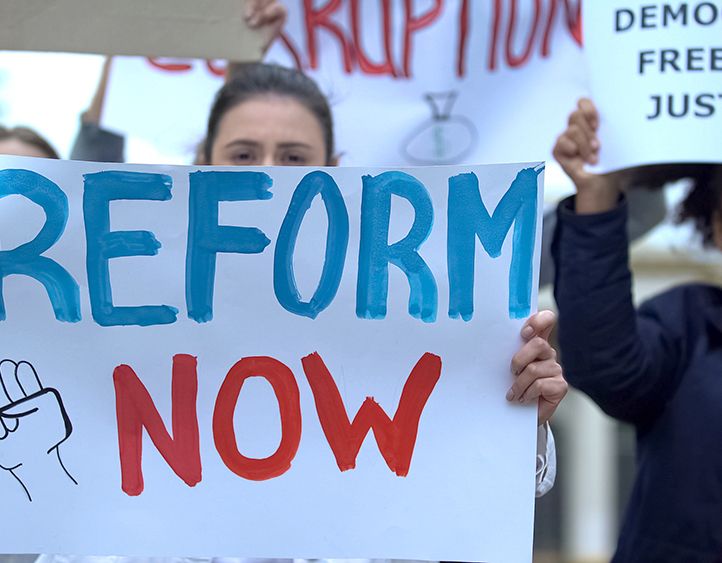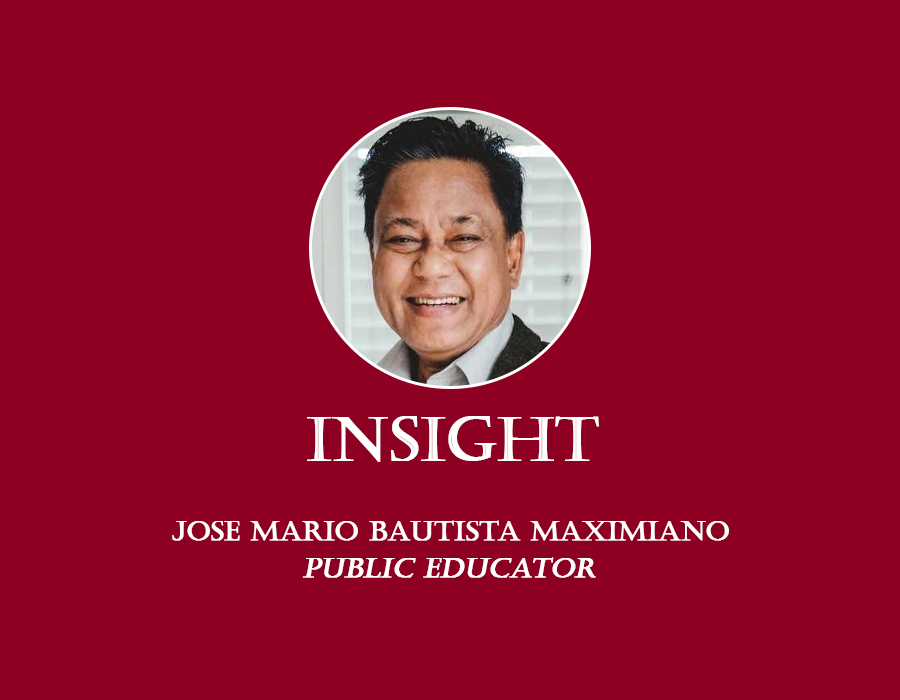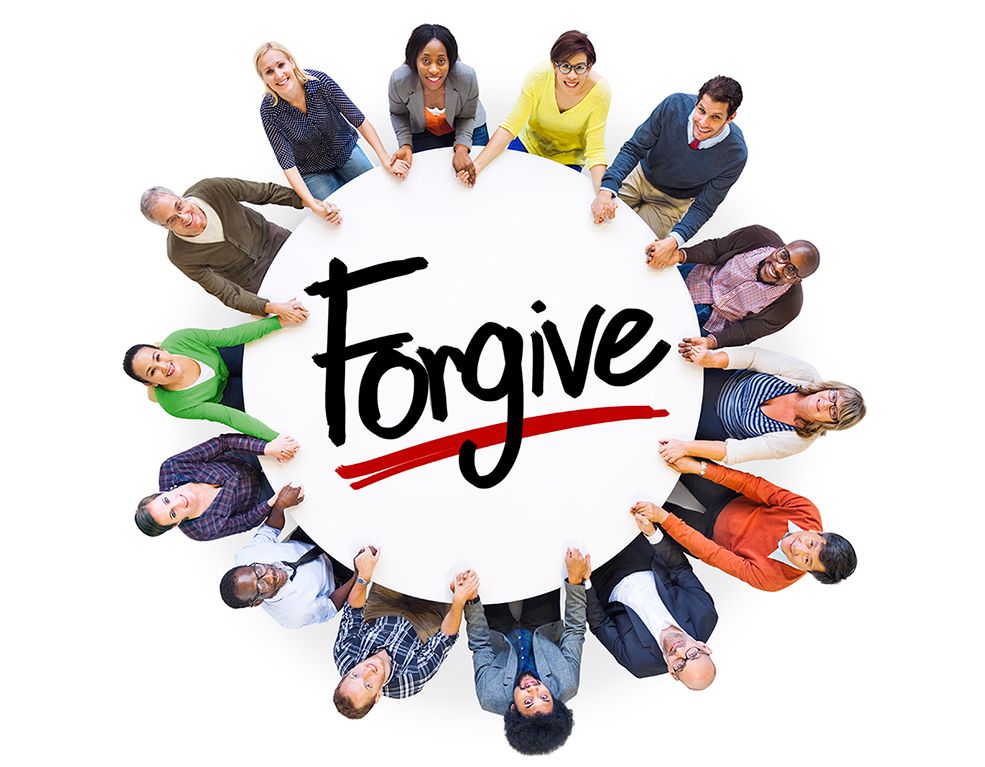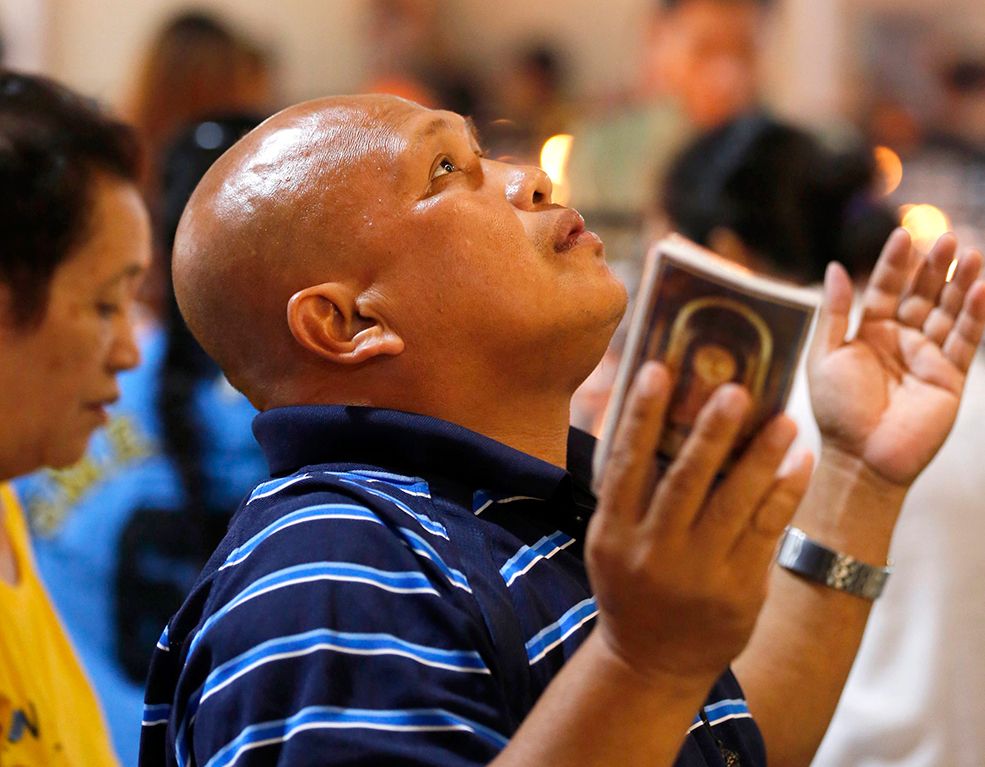It is the central contention of the economist Thomas Piketty that mounting inequality prepares the ground for violent conflicts. The gross inequality that rose in Western Europe towards the end of the 19th century led to World War I and laid the foundation for the II. Similarly, Chinese inequality and inefficiency drew the nation into the Taiping and Boxer rebellions and a series of violent movements that reached a climax in Mao’s Revolution. Russia had set a pattern and France earlier.
Hundreds of uprisings and revolutions from Greek wars to Gulf wars were driven by anger over structural inequality rising beyond human endurance. Pope Francis is the first to admit, “Inequality eventually engenders violence…” (Evangelii Gaudium, n.60).
The hyper-inegalitarianism of the present day has pushed world political order from hate words to trade wars and the Ukraine war. The philosophy “all against all” in economic competition finds echoes in the political and military fields too, to the horror of the disadvantaged. The dreaded Marxist principle of ‘infinite accumulation’ remains a possibility in our times, with violent consequences.
The social chaos and political instability generated will aggravate polarizations along lines of economic blocs at one moment and opportunistic alliances at another. Weaker countries turn highly vulnerable and are forced to play to the tune of sturdier ones.
It was during the Reagan-Thatcher era in the 1980s that inequalities began to skyrocket. Neither Clinton nor Obama was able to change the policy. Top executives are largely made up of the educated elite, who once belonged to the working classes. The workers’ party today in some countries has become the party of the more educated.
Thus, a political unification of the elite is taking place between the traditional wealthy class and the newly-educated executive class. Even ex-communists have become allies of “hypercapitalists”. The destiny of the economy is in their hands. They decide issues. Top managers have the power to set their own remuneration, in some cases without limit, without any relation to their contribution to productivity and profit. Fair deal is a forgotten tale.
UNFAIR DISTRIBUTION
In the U.S., 1% of the population own more than 50% of the wealth. The European Union is moving in a similar direction. Russia, China, India, and some other countries have moved further ahead. Sources of information on the economy have become less reliable because of internationalization of wealth, tax havens, and absence of financial transparency. Leaders have a mighty task in trying to explain this elusiveness to people. Their credibility has fallen low.
Emmanuel Macron compared the economy to the rope of Alpine climbers that helps those at the top and bottom, trying to argue that tax cut for the rich benefits all. Trump used to praise “job creators.” Reagan tried to propagate the “trickle down” theory, as though the wealth of the few will spontaneously seep down to the many. Pope Francis insists that such theories have not been verified (EG, n.54).
No one denies that Bill Gates, Jeff Bezos, Mark Zuckerberg and others have worked hard and entire society has benefitted from their creativity. But it is equally true that they themselves drew from the competences of others for perfecting their skills and establishing their network. They built on technological initiatives supported by public resources. It would not be right for them, therefore, to insist on monopoly rights, legal and tax breaks, and excessive appropriation of public resources.
DEREGULATION WENT TOO FAR
Responsible re-distribution can be planned in a methodical and disciplined way as in the case of other great entrepreneurs. The financial crisis of 2008 shows that deregulation had gone too far. Rise of inequality and wage freeze from the 1980s have driven the working classes to despair. Billionaire philanthropy too has been used as a subterfuge, as it is neither participatory nor democratic. The rich draw huge tax advantages from donations.
What worries the working class most is that educational cleavages have widened excessively. Access to education has become highly unequal. Only the very rich can go for specialized higher education. There is lack of transparency for admission. A great distance has grown between the disadvantaged and the hyper-educated. Only equal access to knowledge and skills can pave the way for egalitarian structure.
TAXATION ON INCOME
Piketty’s main proposal for easing the situation is progressive taxation on income. There have been other bold suggestions for temporary ownership, circulation of ownership, power and resources sharing with workers, democratic budgeting, and public ownership. If primary distribution is intelligently planned and proportionate, re-distribution by violence can be prevented. Several countries have fairly high inheritance tax. A sense of equal opportunity must be created.
Pope Francis passes on to us a sense of mission in the prevailing situation, “Today, while all too many inequalities and divisions threaten peace, we feel called to be artisans of dialogue, promoters of reconciliation and patient builders of a civilization of encounter that can preserve our times from the incivility of conflict” (Osservatore Romano, 20.9.19).

